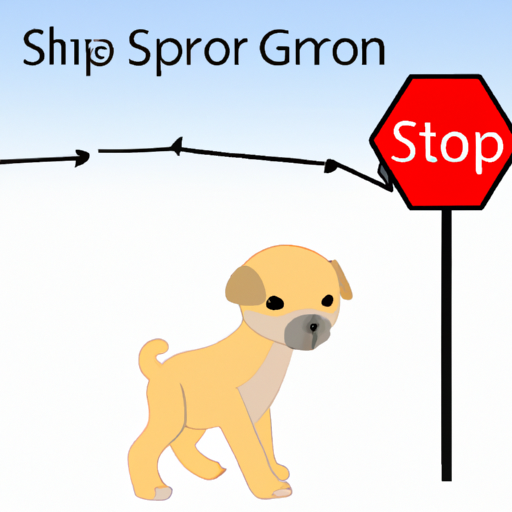Understanding Your Dog’s Growth
Before we delve into specifics, let’s first understand how a dog’s growth works. Just like humans, dogs go through different stages of growth, each with its own characteristics and needs.
- Puppy stage: This is the equivalent of infancy in humans. Puppies grow rapidly and require plenty of nourishment and care.
- Juvenile stage: Much like human teenagers, juvenile dogs are still growing but at a slower pace.
- Adult stage: By this point, most dogs have stopped growing and are now maintaining their size.
It’s crucial to understand your dog’s growth to know when they will stop growing and how to care for them at each stage.
Factors Influencing Your Dog’s Growth
Several factors can influence when your dog will stop growing.
- Breed: Larger breeds tend to grow for longer periods than smaller breeds.
- Diet: Proper nutrition is essential for a dog’s growth, and a diet lacking in key nutrients can stunt growth.
- Health: Certain health conditions can affect a dog’s growth, either speeding it up or slowing it down.
When Do Most Dogs Stop Growing?
Most dogs stop growing around the one-year mark, but this varies widely depending on the breed. Below is a table showing the average age at which various breeds stop growing.
| Breed | Age at which growth stops |
|---|---|
| Chihuahua | 6-9 months |
| Beagle | 1 year |
| Boxer | 1.5 years |
| Great Dane | 2-3 years |
How to Tell If Your Dog Has Stopped Growing
Sometimes, it can be difficult to tell if your dog has stopped growing. Here are some signs to look out for:
- No increase in size: If your dog hasn’t grown in a few months, they may have reached their full size.
- Stable weight: If your dog’s weight has remained consistent, they have likely stopped growing.
How to Support Your Dog’s Growth
Even after your dog has stopped growing, it’s important to continue supporting their overall health.
- Provide a balanced diet: Ensure your dog is getting all the nutrients they need.
- Regular exercise: Exercise is essential for maintaining a healthy weight and muscle mass.
- Regular vet check-ups: Regular vet visits can help detect any potential health issues early.
FAQs
Q: Can I speed up my dog’s growth?
A: It’s important not to try and speed up your dog’s growth. This could lead to health problems down the line.
Q: My dog is over a year old and still growing. Should I be worried?
A: Not necessarily. Some larger breeds continue growing past the one-year mark. If you’re concerned, it’s best to consult your vet.
Q: What should I feed my dog to support their growth?
A: A balanced diet that includes quality proteins, carbohydrates, and fats is important for your dog’s growth. You may also want to consider supplements, but always consult your vet first.



